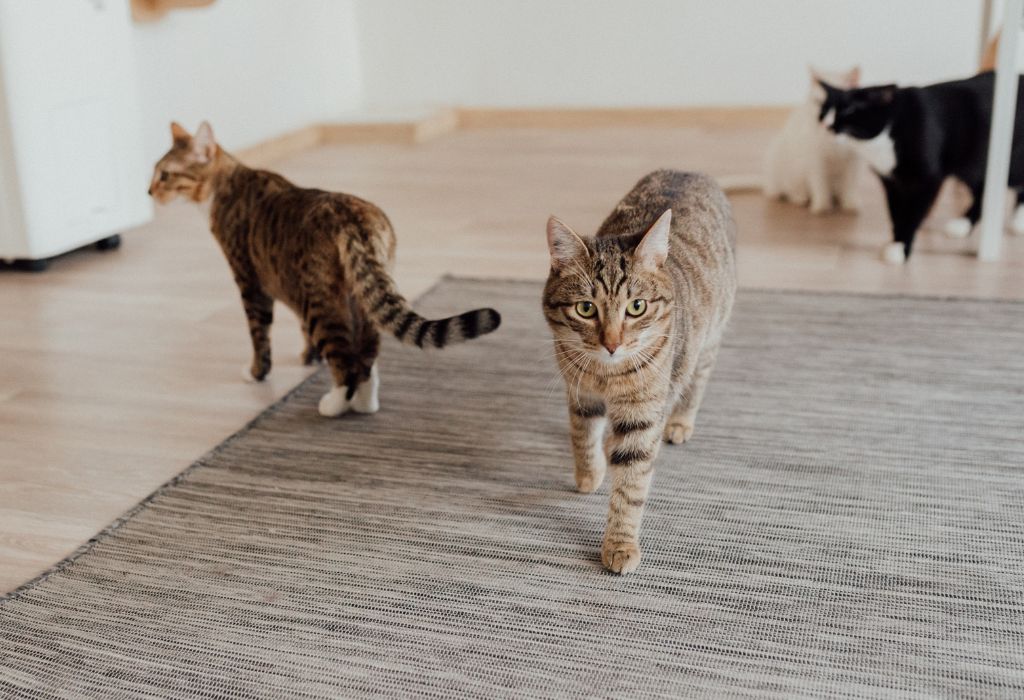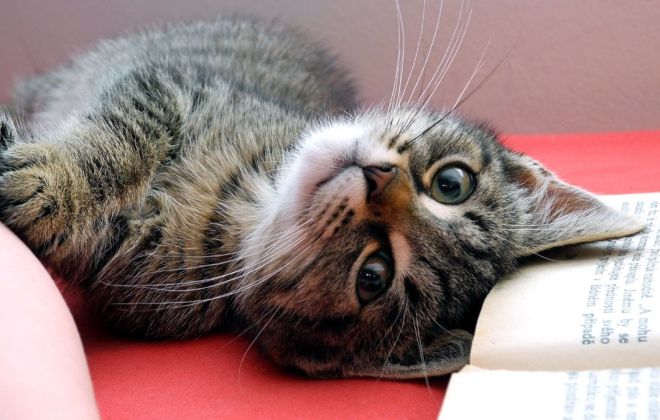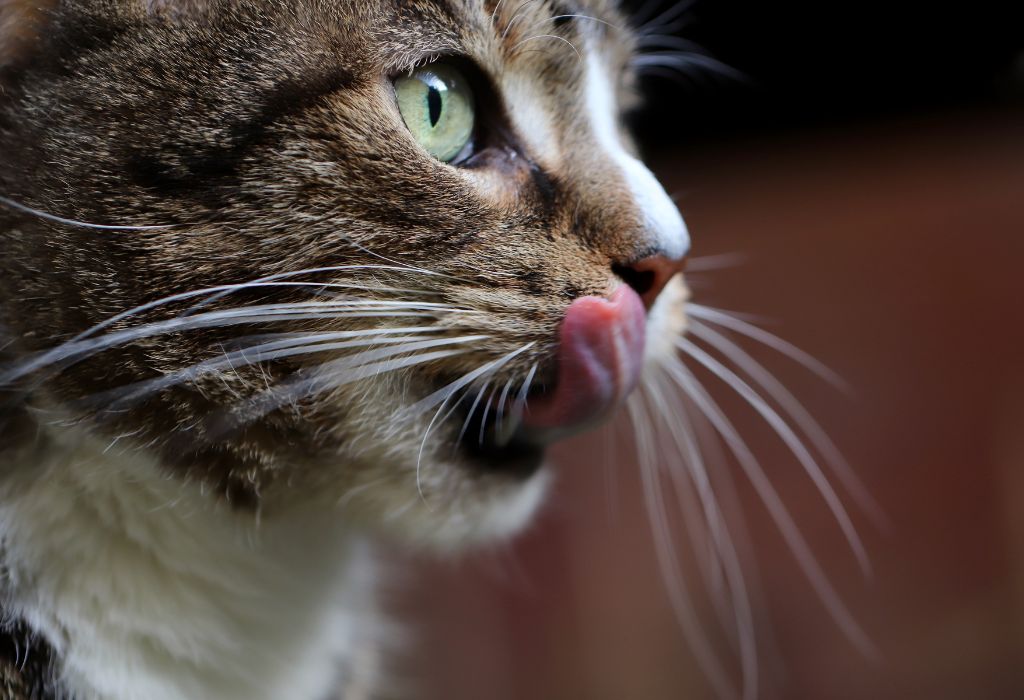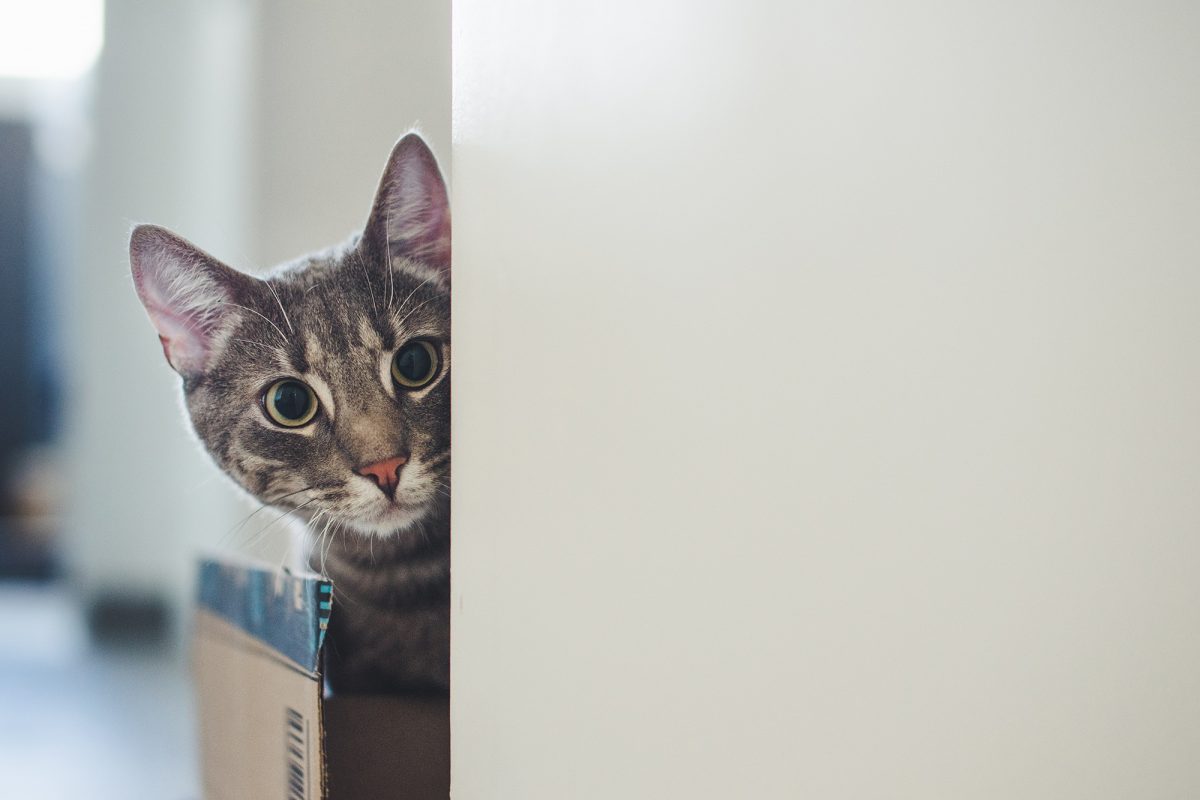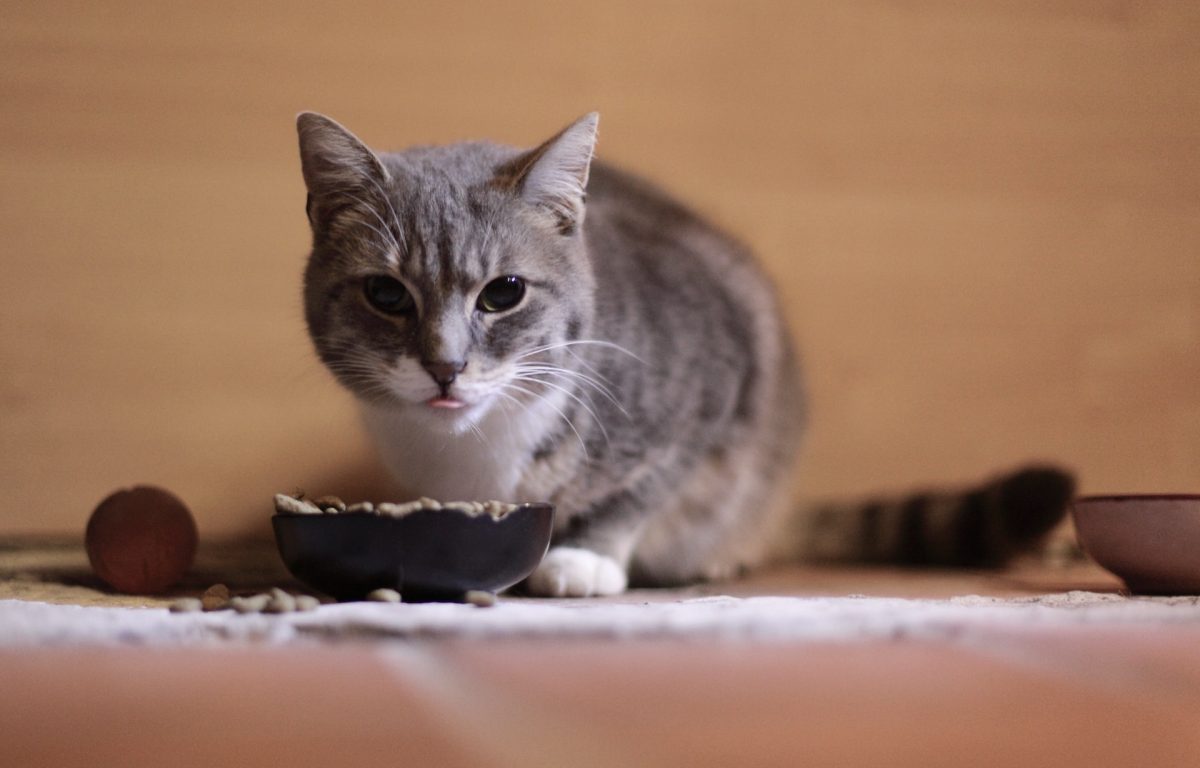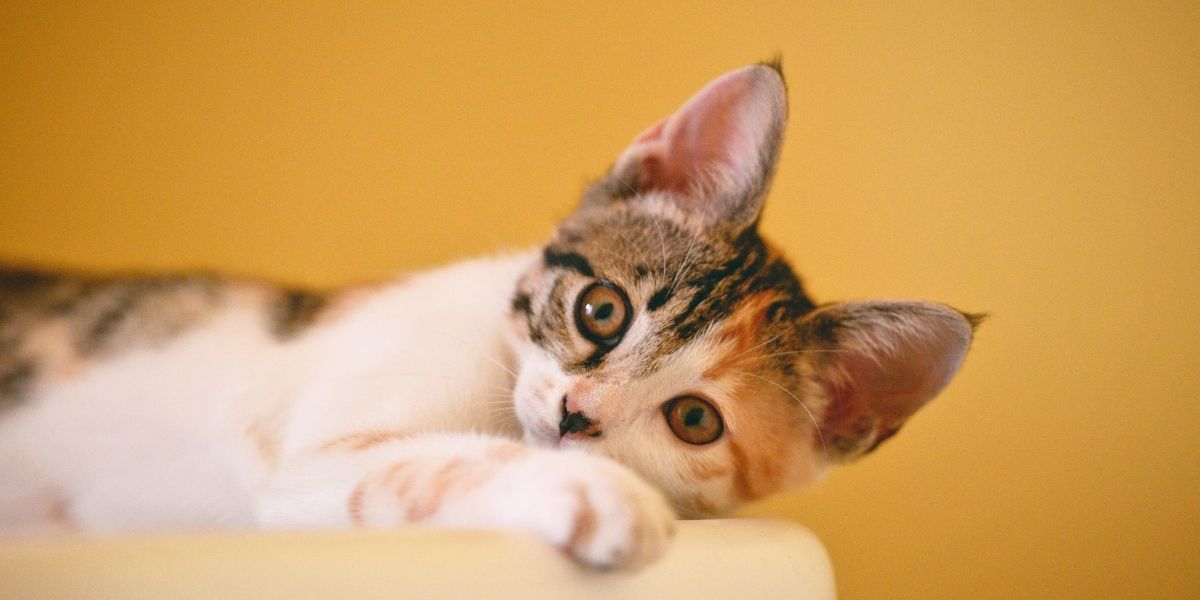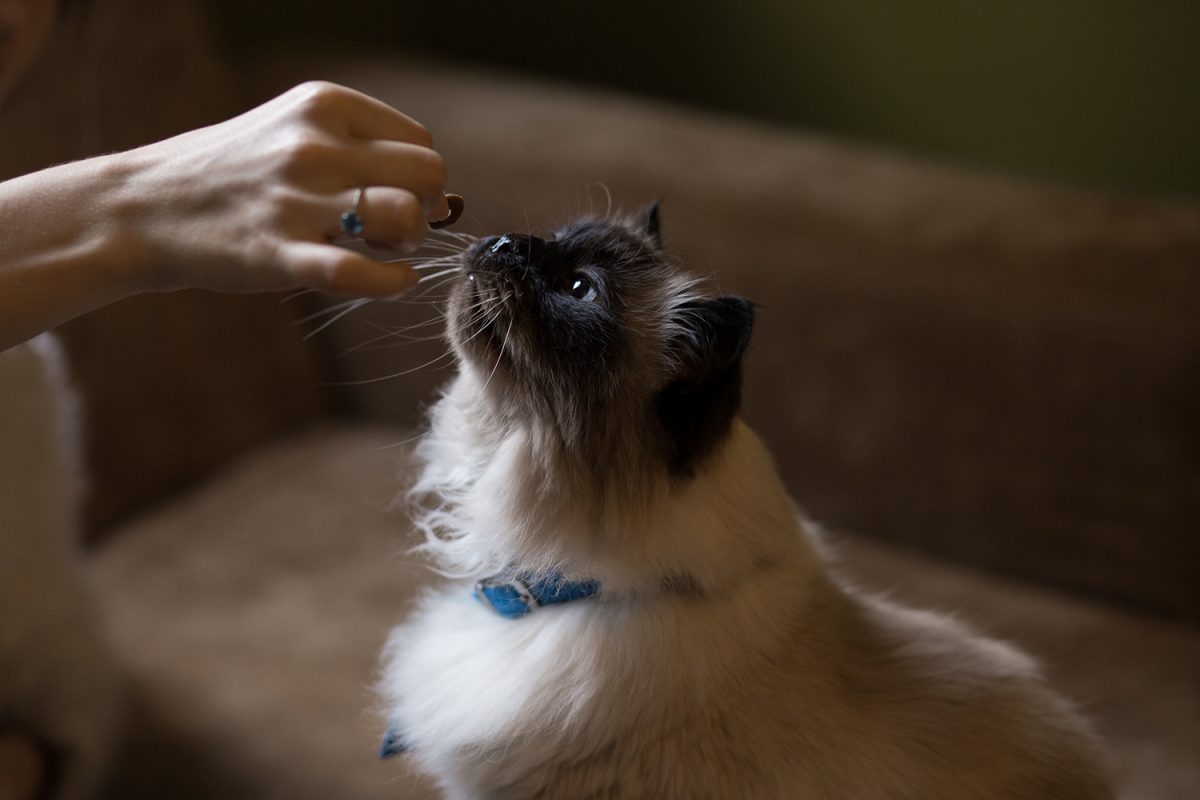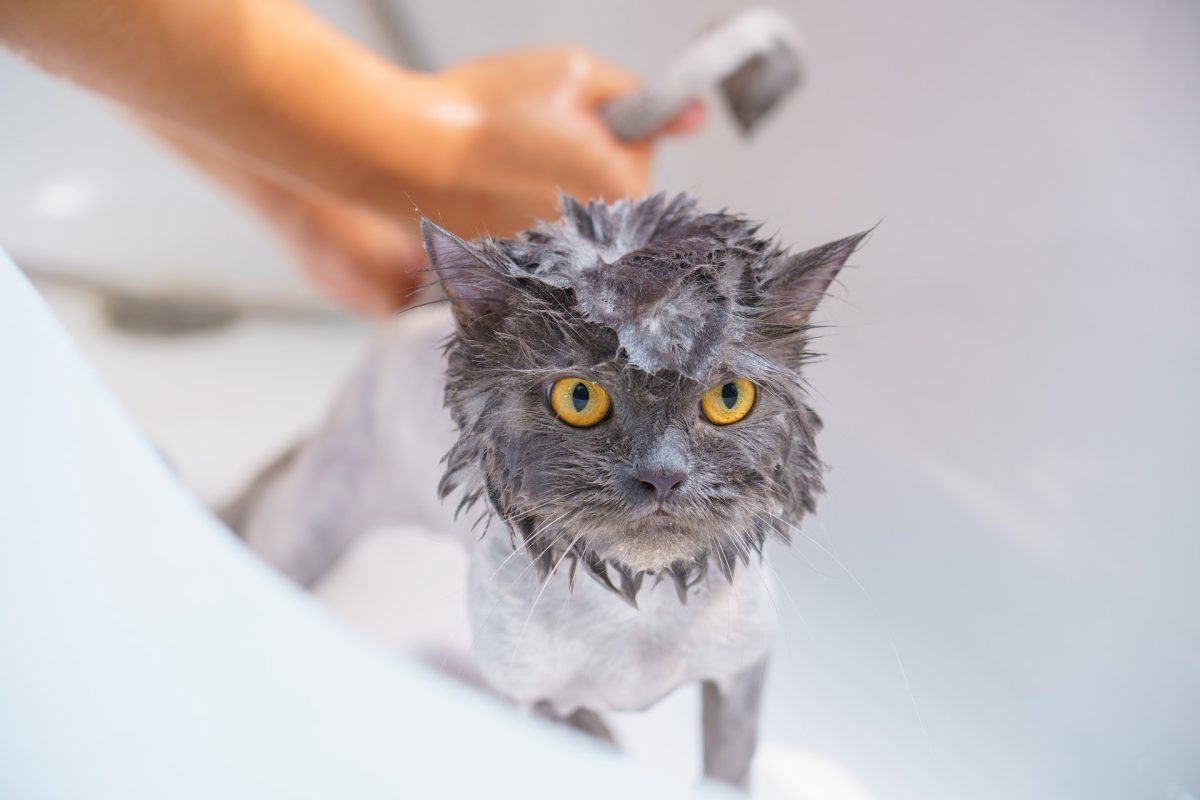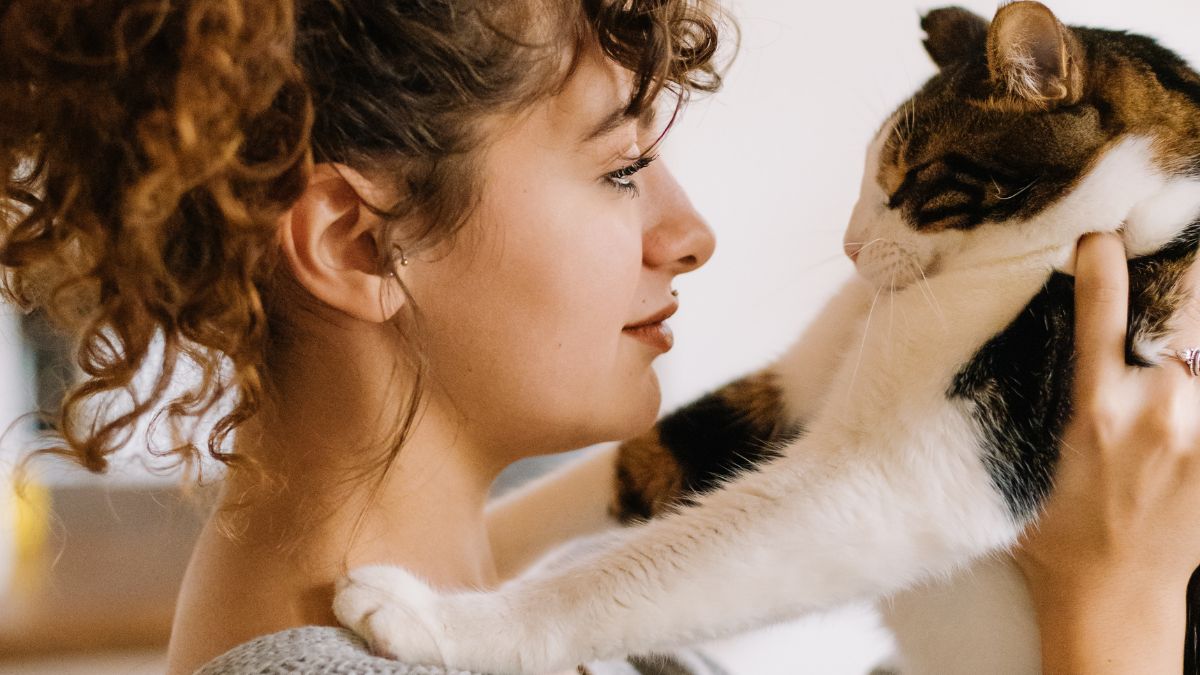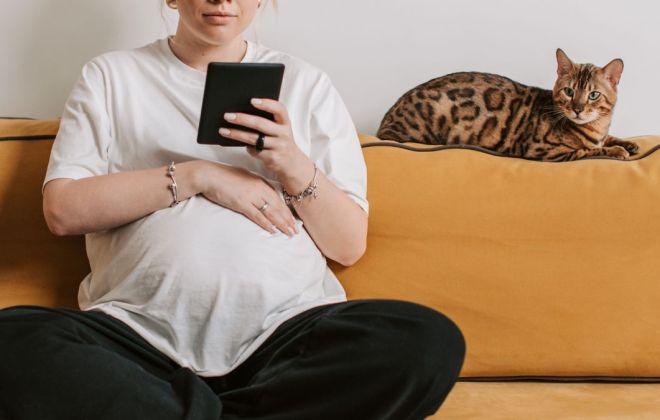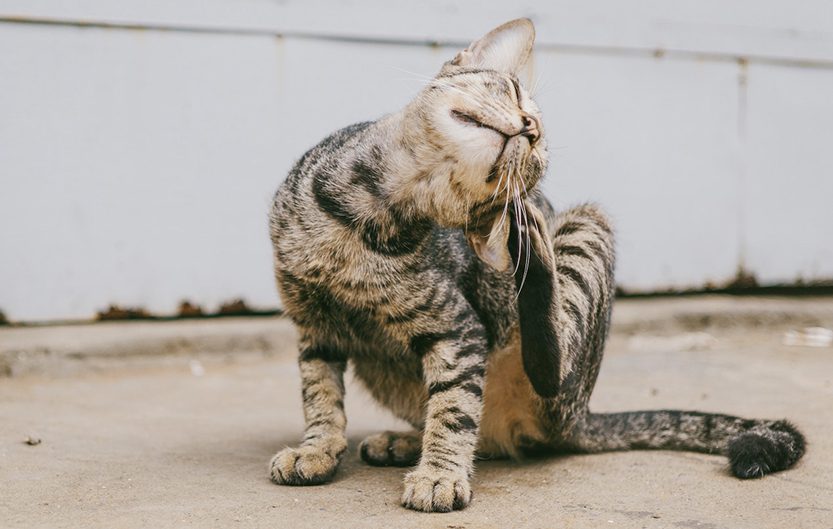Kattenverzorging tips & info
-
Nieuwe Kattenouder? Veiligheidstips die Elke Vers Kattenbaasje Moet Weten
Ben je een kersverse kattenouder? Cat in a Flat biedt tips die elk beginnend baasje nodig heeft om de nieuwe kat gelukkig en gezond te houden.
-
Dagopvang voor Katten, Pension of Kattenhotels: Wat Is de Juiste Keuze voor Je Kat?
Op zoek naar de juiste zorg voor je kat? Cat in a Flat legt uit wat dagopvang voor katten en catteries zijn en wat het beste is voor je kat.
-
Waar Zijn Katten Bang Voor? Hoe Je Omgaat met de Meestvoorkomende Angsten van Katten
Weet jij wat de meest voorkomende angsten van je kat zijn? Cat in a Flat legt uit waar katten bang voor zijn en hoe je je kat hierbij helpt.
-
Huisdieren en Plantverzorging: Kan Mijn Kattenoppas Mijn Planten Water Geven Wanneer Ik Weg Ben?
Can your cat sitter water your plants in addition to looking after your cat? Cat in a Flat explains what services your cat sitter can offer.
-
Is Natvoer of Droogvoer Beter voor Mijn Kat?
Weet je niet wat je je kat moet voeren? Cat in a Flat onderzoekt of natvoer of droogvoer beter is en wat je je kat het beste kunt voeren.
-
Allergie voor Katers vs. Poezen: Wat Je Moet Weten over Kattenallergie
Hebben mensen met allergie meer last van katers dan van poezen? Cat in a Flat deelt de beste en ergste katten voor mensen met kattenallergie.
-
8 Dingen die Je Nooit Moet Doen bij Je Kat
Als kattenouder is wil je je kat blij en gezond houden. Cat in a Flat behandelt 8 belangrijke dingen die je nooit bij je kat mag doen.
-
Houdt Je Kat van Spelen met Zijn Prooi? Waarom Je Kat op Muizen en Vogels Jaagt?
Heb je je ooit afgevraagd waarom je kat met zijn prooi aan het spelen is? Cat in a Flat vertelt je waarom je kat op vogels en muizen jaagt.
-
Happy Cat Happy Life: Hoe Weet Je of Je Kat Blij Is
Wist je dat sommige katten tjirpen als ze blij zijn? Cat in a Flat duikt in de vele manieren waarop je kat laat weten dat hij blij is!
-
Vacht, Tanden, Oren en Klauwen: De 4 Essentials voor Kattenverzorging
De vacht borstelen, klauwen knippen, oren schoonmaken en tandenpoetsen. Cat in a Flat vertelt je alles over kattenverzorging essentials.
-
Hoe Laat Je Je Kat zijn Waterbak Gebruiken (En Meer Water Drinken)
Vermijd je kat zijn waterbak? Cat in a Flat laat je zien hoe je je kat uit zijn bakje laat gebruiken (en ook meer laat drinken)!
-
Is een veganistisch dieet geschikt voor katten?
Steeds meer mensen minderen met vlees. Kan dat ook voor onze kat? Cat in a Flat zoekt uit of een veganistisch dieet gezond is voor katten.
-
Verhuizen met Je Kat
Een verhuizing kan een stressvolle tijd zijn voor je kat. Hier zijn een paar tips om de verhuizing met je kat zo soepel mogelijk te maken.
-
Nieuwe Kat in de Buurt? De Beste Manier om Je Kat te Introduceren aan een Nieuwe Plek
Ga je verhuizen of breng je een nieuw katje in je huis? Cat in a Flat legt uit hoe je het beste je kat kunt introduceren aan een nieuwe plek.
-
Is Droog Voer Slecht voor Katten? Alles Wat Je Moet Weten over Kattenbrokken
Is droog voer slecht voor katten? Cat in a Flat onderzoekt de voor- en nadelen van droog voer als onderdeel van het dieet van je katje.
-
Milieuvriendelijke Voornemens voor Kattenverzorging: Hoe Ben Je een Duurzame Katteneigenaar
Wil je dit jaar een duurzamere kattenouder worden? Bekijk de gids van Cat in a Flat voor milieuvriendelijke kattenverzorging.
-
Kat met Voedselallergie? Hoe Kom Je Achter en Hoe Behandel Je Voedselallergie bij Je Kat?
Weet je niet zeker of je kat een voedselallergie heeft? Cat in a Flat legt uit hoe je erachter komt en hoe je allergie bij katten behandelt.
-
Moet Ik Mijn Kat Laten Castreren of Steriliseren?
Mijn kat laten castreren? Ja of nee? Cat in a Flat behandelt de voor- en nadelen van castratie en bekijkt het verschil met sterilisatie.
-
6 Dingen die Je Moet Weten over het Voer en Voeren van Katten
Katten voorzien van goed voer is niet makkelijk. Cat in a Flat geeft je 6 belangrijke tips voor de eetgewoonten van je kat!
-
Moet Ik Mijn Kat in Bad Doen?
Ook al zijn katten hygiënische, maar waterschuwe dieren, moet je je kat soms toch in bad doen? Cat in a Flat zoekt het tot op de bodem uit!
-
Kattenoppas Uitdagingen: Hoe Ga Je om met de Hoge Eisen als Kattenoppas
Zelfs de beste banen ter wereld hebben uitdagingen. Cat in a Flat bespreekt de grootste kattenoppas uitdagingen en hoe je ze aanpakt.
-
Hoe Je Veilig Je Kat Introduceert aan een Nieuwe Baby
Twijfel je of je kat en je baby goed samengaan? Cat in a Flat laat zien wat je kunt verwachten hoe je je kat moet introduceren aan je baby.
-
Kun Je Zelf geen Kat Nemen? Vijf Manieren om toch aan Je Dagelijkse Dosis Kat te Komen
Houd je van katten, maar kun je er geen adopteren? Cat in a Flat geeft je vijf manieren om toch aan je dagelijkse dosis kat te komen!
-
Wat Springt daar? Feitjes en Effectieve Tips bij Vlooien
Vind hier effectieve tips en trucs voor het behandelen en voorkomen van vlooien bij katten! Zo kom je snel van een kattenvlooienplaag af!

